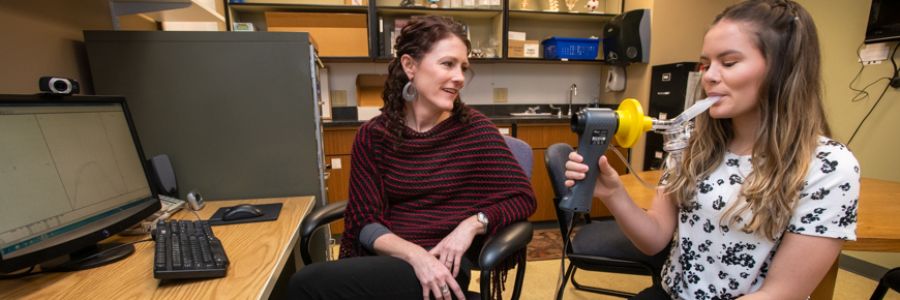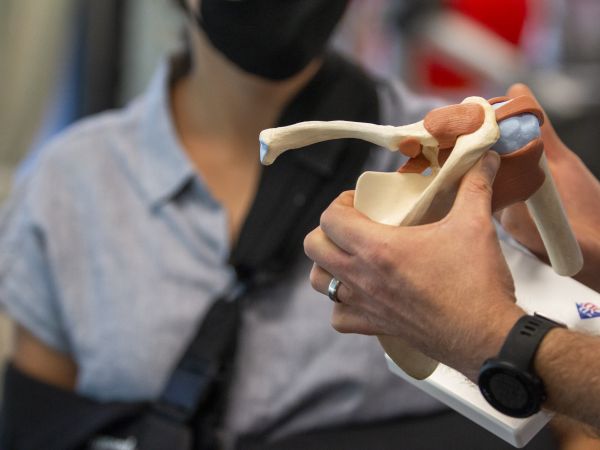
Fieldwork & Capstone
Fieldwork
Fieldwork immerses you in authentic practice environments, transforming classroom theory into real‑world, client‑centered learning.
Level I Fieldwork engages you 3–4 hours weekly for 10 weeks (30–40 hours total) in diverse community settings, blending observation with guided participation under varied professional mentors to sharpen communication, ethics, and creative clinical thinking.
Level II Fieldwork then delivers two full‑time, 12‑week placements alongside licensed occupational therapists, where you progress from novice to entry‑level clinician—independently managing evaluations, interventions, documentation, billing, and team collaboration—graduating as a confident, practice‑ready generalist.
Level I Fieldwork Timeline
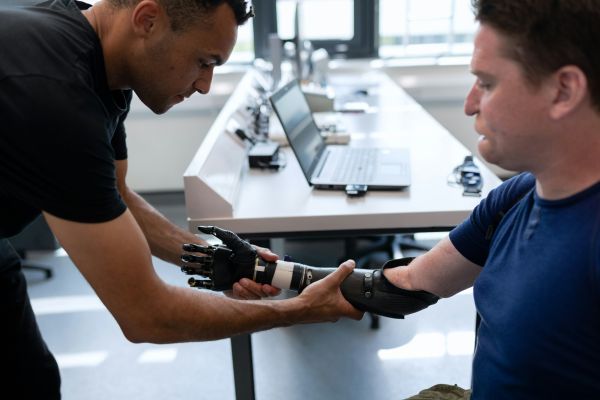
Year 1 (Fall): Adult Fieldwork Placement
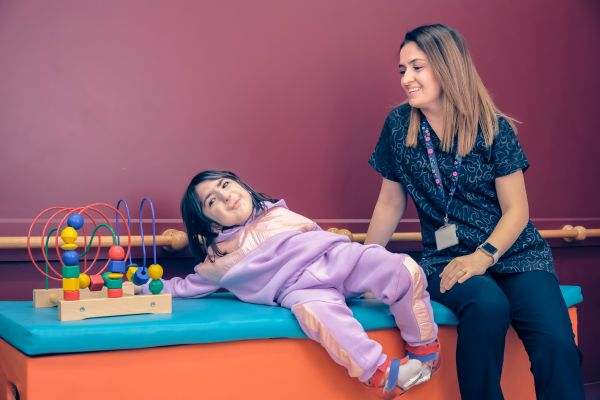
Year 1 (Spring): Pediatric Fieldwork Placement
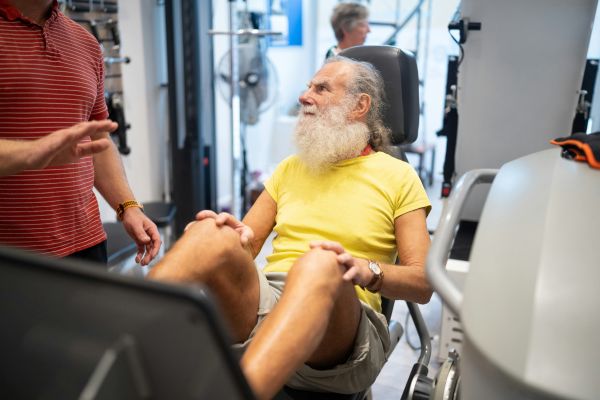
Year 1 (Summer): Older Adult/Geriatric Health Fieldwork Placement
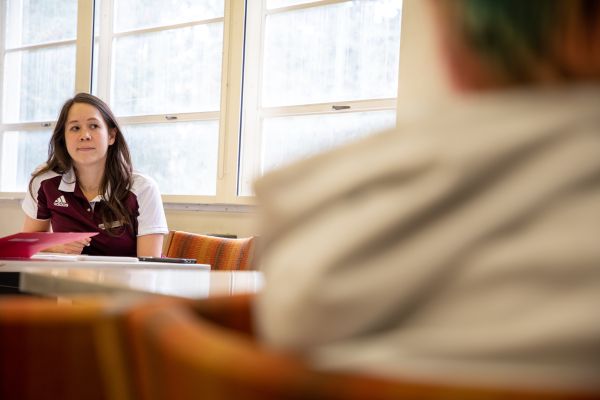
Year 2 (Fall): Psychosocial/Mental Health Fieldwork Placement
Level II Fieldwork Timeline
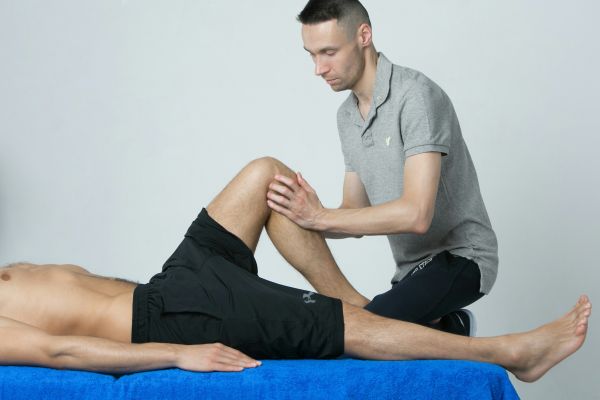
Year 2 (Summer): 12 week rotation
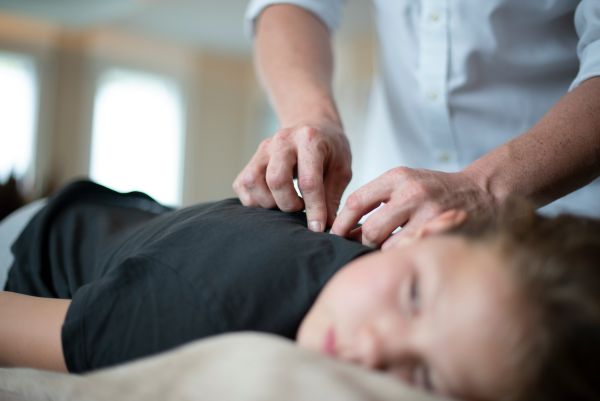
Year 3 (Fall): 12 Week rotation
Capstone Experience & Project
Capstone propels you beyond coursework, empowering you to design, deliver, and disseminate a self‑directed project that solves real problems and showcases advanced OT competence. During the 14‑week, 560‑hour Doctoral Capstone Experience you immerse in a site of your choice—clinical, research, program‑development, advocacy, and more—guided by a site mentor, faculty mentor, and capstone coordinator. Simultaneously, you craft the Doctoral Capstone Project: a literature‑grounded investigation, coupled with a rigorous evaluation, that results in a complete project manuscript and public dissemination live at 91次元 during graduation week; demonstrating leadership, innovation, and impact.
Your Capstone Journey: From Design to Dissemination
-
In OT 646, you develop your capstone’s foundation by translating inquiries into a PICO question, conducting a comprehensive literature review, and completing a needs assessment. You’ll select your capstone area(s) of focus—Clinical Practice Skills, Research Skills, Administration, Program Development & Evaluation, Policy Development, Advocacy, Education, or Leadership—and defend an evidence‑based project proposal aligned with your chosen focus and the UM OT mission.
-
During OT 648, you finalize SMART goals, evaluation measures, supervision and mentorship plans, and a week‑by‑week schedule. All preparatory documents feed into a formal Memorandum of Understanding, ensuring clarity and shared expectations before your immersive experience.
-
Assemble your capstone team—student, faculty mentor, site mentor, and coordinator—and secure signatures on the Memorandum of Understanding, which codifies objectives, roles, schedules, and evaluation plans, guaranteeing a collaborative and compliant capstone launch.
-
In the first 12 weeks of OT 699, you log 560 hours at your chosen site, applying advanced OT skills to evaluation, intervention, interprofessional collaboration, and documentation under expert mentorship.
-
In your final two weeks, focus on scholarly dissemination: finalize your Doctoral Capstone Project manuscript, present findings in a public forum at UM, and reflect on impact, innovation, and occupational justice outcomes.
